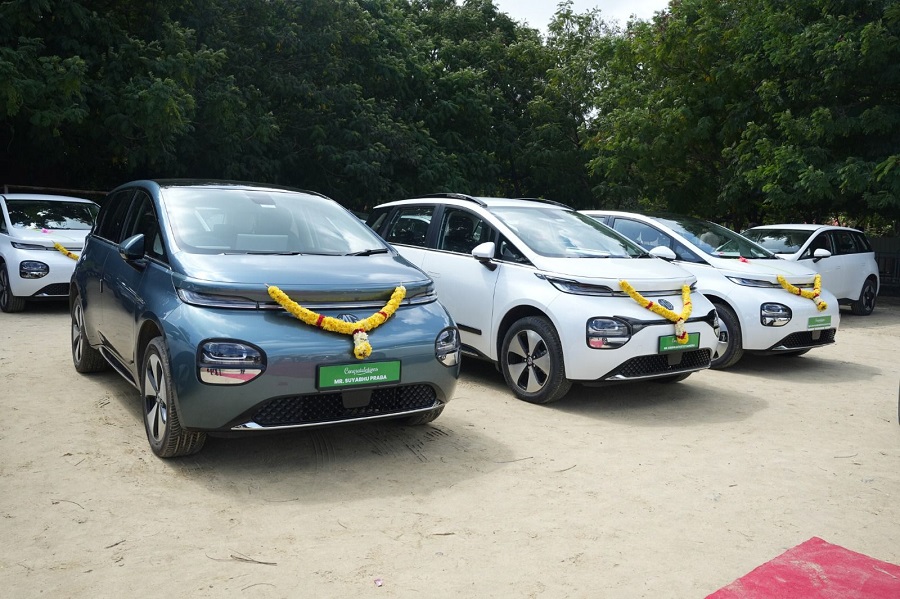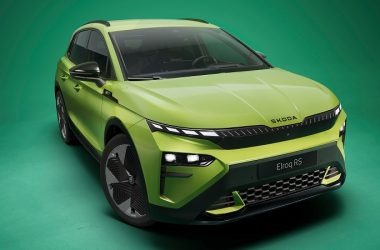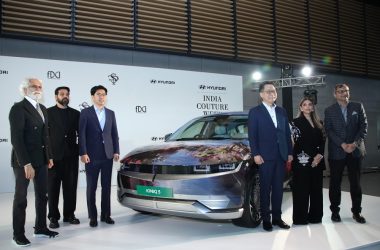The Government of India has rolled out a robust framework of schemes to accelerate the adoption and manufacturing of electric vehicles (EVs) across the nation. While state governments do not receive direct subsidies for EVs, consumers and manufacturers benefit significantly through a mix of incentives designed to make EVs more accessible, affordable, and sustainable. These measures span multiple ministries, each contributing to the country’s ambitious EV roadmap.
Key Schemes Driving the EV Movement
- FAME India Phase-II
Launched on April 1, 2019, with a budget of ₹11,500 crore, this scheme incentivizes the purchase of e-2Ws (electric two-wheelers), e-3Ws (electric three-wheelers), e-4Ws (electric four-wheelers), e-buses, and public EV charging infrastructure. FAME aims to establish a foundation for cleaner public and private transportation. - Production Linked Incentive (PLI) Scheme for Auto and Components
Introduced on September 23, 2021, with a hefty allocation of ₹25,938 crore, this scheme focuses on boosting domestic production of Advanced Automotive Technology (AAT) products. With a minimum requirement of 50% Domestic Value Addition (DVA), the initiative aims to attract investments and strengthen India’s position in the global EV value chain. - PLI Scheme for Advanced Chemistry Cells (ACC)
Approved on May 12, 2021, with a budget of ₹18,100 crore, this scheme targets the creation of a domestic manufacturing ecosystem for 50 GWh of ACC batteries, a critical component of EVs. - PM E-DRIVE Scheme
Notified on September 29, 2024, with an allocation of ₹10,900 crore, this two-year scheme promotes a diverse range of EVs, including e-trucks, e-ambulances, and enhanced public charging stations. - PM e-Bus Sewa Scheme
Aimed at deploying over 38,000 electric buses, this scheme, launched on October 28, 2024, includes a payment security mechanism for operators, supported by a ₹3,435.33 crore outlay. - SPMEPCI Scheme
Notified on March 15, 2024, this scheme encourages the manufacturing of electric passenger cars. It requires a minimum investment of ₹4,150 crore, with progressive DVA targets of 25% by the third year and 50% by the fifth year.
Supporting Policies and Interventions
Various ministries have introduced complementary measures to facilitate EV adoption:
- Ministry of Power: Released comprehensive guidelines for EV charging infrastructure on September 17, 2024, ensuring interoperability and smooth electricity connections.
- Ministry of Finance: Slashed GST on EVs from 12% to 5%.
- MoRTH (Road Transport and Highways): Green license plates and road tax exemptions for EVs aim to reduce initial costs and simplify adoption.
- Ministry of Housing and Urban Affairs: Updated building by-laws to mandate EV charging facilities in private and commercial properties.
- Vehicle Scrapping Policy: Incentivizes phasing out old, polluting vehicles, creating a cleaner automotive ecosystem.
A Unified Push for a Greener Future
In a written statement to the Lok Sabha, Minister of State for Heavy Industries and Steel, Bhupathiraju Srinivasa Varma, emphasized that the government’s initiatives cater to both demand- and supply-side requirements. While no new direct subsidies are currently under consideration, the existing measures form a holistic approach to make EVs a mainstream mode of transport.
India’s multi-faceted EV strategy underlines the government’s commitment to reducing carbon emissions, fostering innovation, and establishing the nation as a global EV manufacturing hub.








